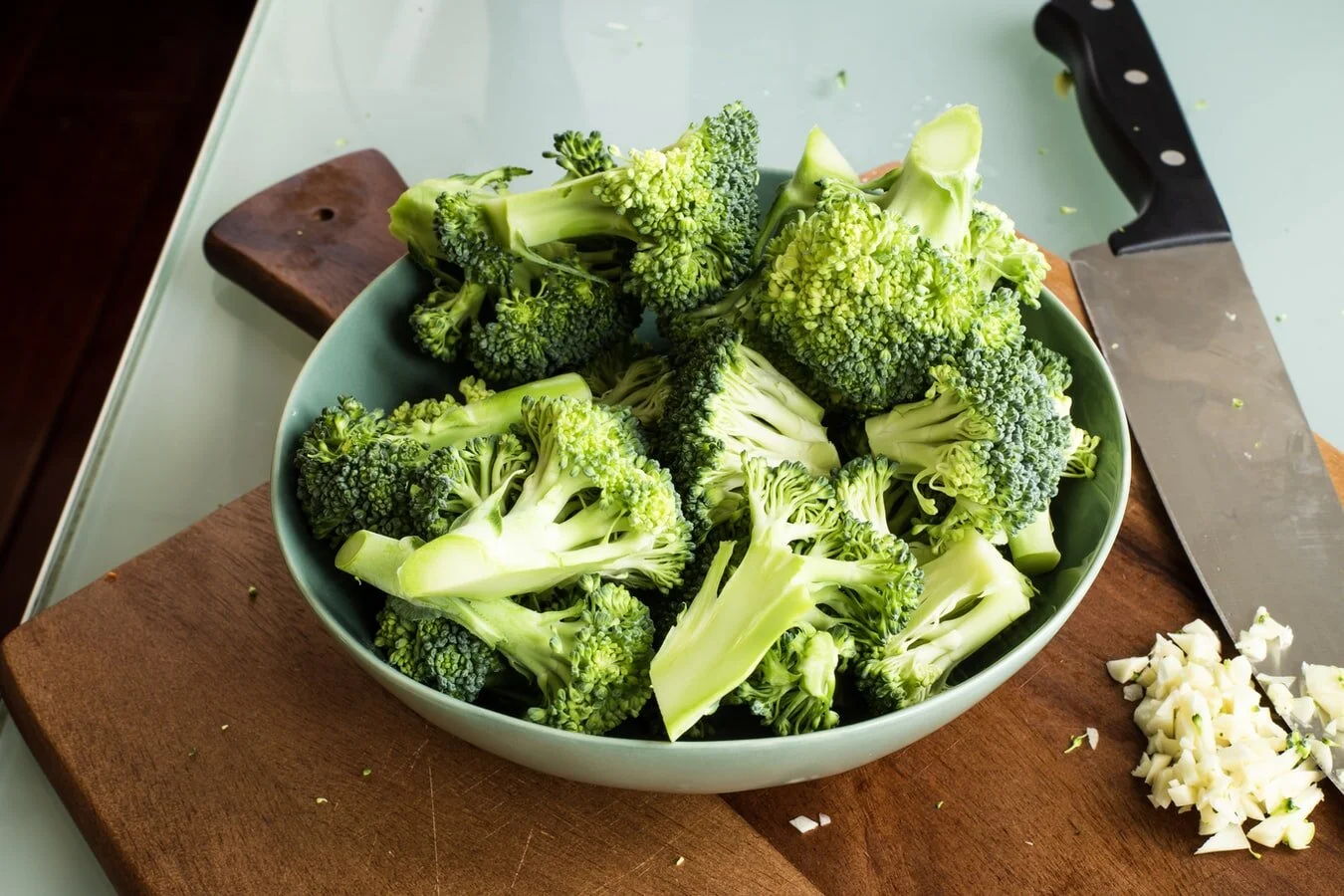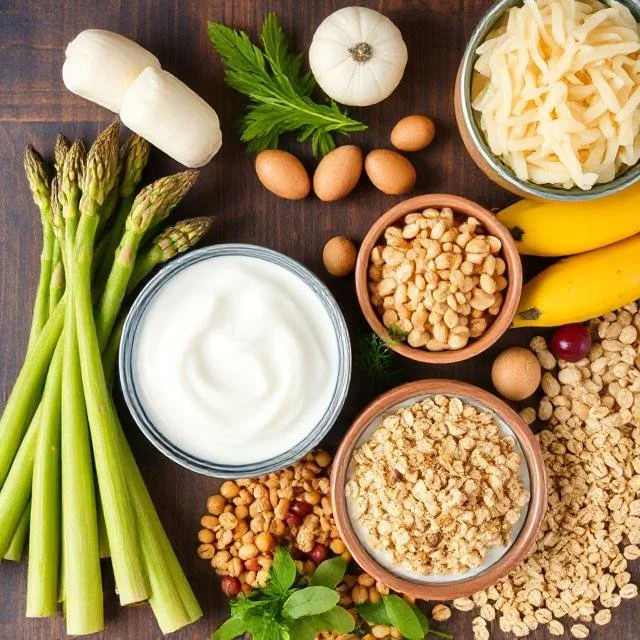We all know that we need to eat more vegetables but which ones should we prioritise? In this article, we list the 7 best vegetables that should be part of your diet, as ranked by the nutritional value to your body.
1. Broccoli
Broccoli is a cruciferous vegetable that is high in protein. It also contains a high level of glucosinolate, which has been shown to fight against cancer. The nutrient profile is more impressive than most other vegetables. A 91-gram cup, for example, provides you with 116% of your daily Vitamin K requirements and 135% of Vitamin C.
2. Spinach
Popeye knew what he was doing when he made spinach the centre of his eating plan. This leafy green vegetable is a nutrient powerhouse that packs a whole lot of goodness into a very low-calorie count. A single 30-gram cup provides you with 56% of your daily Vitamin A needs, along with 100% of your Vitamin K - all at a cost of just 7 calories! Spinach is packed full of antioxidants and phytochemicals that are great for improving cardiovascular health.
3. Brussels Sprouts
Brussels sprouts contain many of the same nutrients as broccoli, being part of the same cruciferous family. In addition, they also contain an antioxidant known as kaempferol, which is a powerful fighter against the free radicals that cause oxidative stress. Brussels sprouts have also been shown to enhance the body’s detoxifying ability. In addition, they are very rich in such vitamins and minerals as vitamins A, C, and K and folate, potassium, and magnesium.
4. Kale
Kale is among the most nutrient-dense leafy vegetables that exist. It is especially high in antioxidants which have been shown to reduce bad LDL cholesterol, increase good HDL cholesterol, and decrease blood sugar levels. A 67-gram cup will also provide you with your daily requirement of Vitamins A, C, and K.
5. Asparagus
Asparagus is another nutrient-dense vegetable that is especially high in folate or Vitamin B9. This vitamin is a natural protectant against a range of diseases. It is an important nutrient for pregnant women to include in their diet due to its ability to help prevent neural tube birth defects. Asparagus is also rich in selenium, thiamin, riboflavin, and Vitamin K.
6. Sweet Potatoes
Sweet potatoes are a root vegetable that is relatively low on the glycemic index. It is a great source of beta carotene, which is a form of Vitamin A. A single sweet potato will provide you with 438% of your daily Vitamin A needs. Beta carotene may help to reduce the risk of certain types of cancer. It also provides generous quantities of protein, fiber, and Vitamin B6, manganese, and potassium.
7. Carrots
Carrots are another nutrition powerhouse. They are especially high in Vitamin. In fact, one 128 gram cup of carrots delivers 428% of your daily Vitamin A needs. Carrots are also a great source of antioxidants which have shown promise in helping to prevent certain cancers. There is also some truth to the belief that carrots can improve your eye health. Their Vitamin A content, combined with carotenoid lutein fights free radicals which can damage the eyes. Vitamin A also helps the body to make rhodopsin, which helps you see at night.
Wrap Up
You now know which vegetables you need to prioritise in your diet for maximum nutrition benefit. Plan to build your dinner meals around two or three of these vegetables each night. Add a lean protein source and some healthy fats in the form of avocado or a monounsaturated fat-based salad dressing and you will be good to go!



